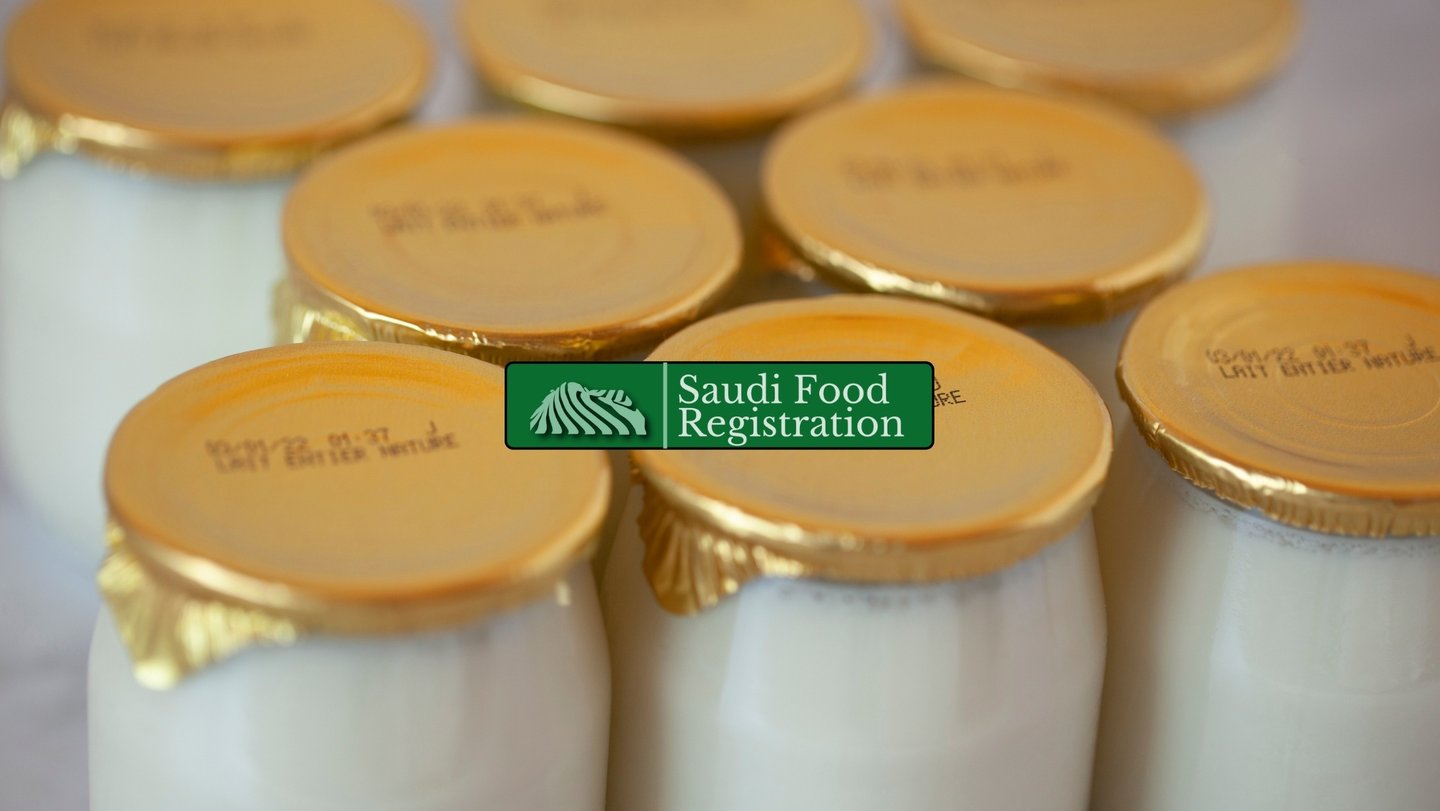SFDA Compliance Shelf Life Testing | Saudi Food Registration
Learn how to comply with SFDA shelf life testing rules in Saudi Arabia. Get guidance on documentation, methods, and approval with Saudi Food Registration.
4/8/20252 min read


Food Shelf Life Testing in Saudi Arabia:
SFDA Requirements & Best Practices
For food businesses in Saudi Arabia, shelf life isn’t just a matter of quality – it’s a regulatory requirement.
Whether you’re registering a new product, renewing your SFDA license, or preparing for export, proving your product's shelf life is critical for compliance, safety, and market success.
This guide explains everything manufacturers, importers, and distributors need to know about food shelf life testing in Saudi Arabia.
What Is Shelf Life Testing?
Shelf life testing determines the period during which a food product remains safe to consume, retains its desired sensory, chemical, and microbiological properties, and complies with regulatory standards under specified storage conditions.
Key factors evaluated during testing:
Microbiological stability
Chemical changes (e.g. rancidity, oxidation)
Physical attributes (texture, color)
Nutritional retention
Packaging integrity
SFDA's Regulatory Position on Shelf Life
The Saudi Food and Drug Authority (SFDA) mandates shelf life validation as part of product registration. This ensures that:
Consumers are protected from expired or degraded products
Expiry dates and storage conditions are scientifically justified
Labels reflect true product stability based on testing data
When Is Shelf Life Testing Required?
You need to conduct shelf life studies when:
Registering a new food product with SFDA
Reformulating an existing product
Changing packaging materials or storage conditions
Launching products with nutritional or health claims
Exporting to markets requiring proof of shelf stability
Common Types of Shelf Life Testing
1. Real-Time Testing
Products are stored under normal conditions, and samples are tested periodically throughout the claimed shelf life.
Timeframe: Matches intended shelf life (e.g. 6 months, 1 year)
Best for: High-risk products, SFDA long-term registration
2. Accelerated Testing
Product is stored at elevated temperatures or humidity to simulate long-term storage in a shorter period.
Timeframe: Typically 1–3 months
Best for: Preliminary estimates, low-risk categories, or exports
Documentation Required by SFDA
To support your shelf life claim, SFDA may request:
Testing protocols and duration
Microbiological and chemical results
Storage condition parameters
Packaging material details
Certificates of analysis
Reports from SFDA-approved laboratories
Best Practices to Ensure Approval
Work with SFDA-recognized testing labs
Clearly document methods, results, and sampling frequency
Label products with Gregorian and Hijri expiry dates
Use Arabic for all mandatory labeling elements
Include packaging validation if materials affect shelf life
Retest if formulation or process changes
Common Challenges & How to Overcome Them
Challenge: Inconsistent testing data
Solution: Standardize protocols and batch samples
Challenge: Incorrect labeling dates
Solution: Cross-check test results with label claims
Challenge: Non-compliant storage simulations
Solution: Align with Saudi climate and transport realities
Challenge: Use of non-approved labs
Solution: Always partner with SFDA-approved laboratories
How Saudi Food Registration Can Help
We assist food businesses in:
Coordinating with certified testing labs
Preparing shelf life reports for SFDA registration
Ensuring label accuracy and compliance
Advising on retesting and reformulation strategies
Food shelf life testing is not optional in Saudi Arabia – it's a legal and quality commitment.
By following SFDA guidelines, documenting results, and partnering with experts, you can ensure that your products stay safe, compliant, and competitive throughout their lifecycle.
Need help validating your product's shelf life?
Contact us or use the chatbot at the bottom-right corner to start your compliance journey.
Continue Reading:
Consider how shelf life testing supports compliance with GSO 2055-2 for Halal-certified food products.
Learn how ISO 9001 quality management systems play a role in maintaining consistent product shelf life.
Shelf life testing is also essential when preparing your product for SFDA import registration in Saudi Arabia.
Read our full guide on SFDA-compliant allergen labeling to avoid penalties and protect your customers.
If you're registering health or dietary products, read our full guide on food supplement registration with SFDA in Saudi Arabia.
